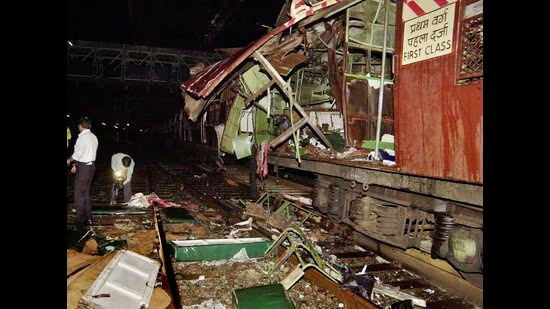
Closure
In a world that’s constantly moving forward, some individuals and families find themselves trapped in the past — not by choice, but by circumstance. They wait, often in silence, for closure, justice, or even a simple acknowledgment of truth. For them, time doesn’t heal — it haunts. This is the story shared by many who have been awaiting closure after 20 years, a painful reminder of how delayed justice can be as damaging as injustice itself.
The Lingering Pain of Incomplete Stories
Twenty years is a long time — two full decades marked by changing governments, evolving societies, and growing generations. But for those waiting on legal decisions, unresolved crimes, missing persons, or unacknowledged wrongs, every year is just another layer of frustration and emotional fatigue.
In India alone, lakhs of cases lie pending in courts. Some span back not just years but decades. Families who lost their loved ones in communal riots, terror attacks, mysterious disappearances, or even heinous crimes like rape and murder are still fighting for a verdict. Every adjournment in court, every delay in evidence, and every appeal filed by the accused becomes a knife that twists deeper.
Real Stories, Real Suffering
Take for instance the victims of the 2002 Gujarat riots. Though many perpetrators were convicted, several families still await justice. Their stories, drenched in pain, involve not just physical loss but the permanent scarring of memories. Or consider the survivors of the 2005 Delhi bombings, some of whom are still waiting for compensation, rehabilitation, or just a sense of closure that allows them to move on.
Then there are those caught in the web of missing persons cases. A son who left home one morning and never returned. A wife whose husband disappeared during a protest. Twenty years later, they still wait — clinging to hope, worn down by bureaucracy.
Systemic Delays and Legal Hurdles
Why do cases take so long? The reasons are many. Overburdened courts, shortage of judges, frequent adjournments, missing or tampered evidence, and at times, lack of political will. The Indian judicial system has over 5 crore pending cases, and some date back more than 30 years.
Additionally, for the underprivileged or uneducated, accessing justice itself becomes a battle. They neither have the money nor the influence to speed up proceedings. Justice, which should be blind, becomes distant and unreachable.
The Psychological Cost of Waiting
This prolonged wait for closure doesn’t just affect the case — it transforms lives. Families cannot move on, celebrations remain incomplete, and the trauma keeps repeating like a broken record. Children grow up without closure about what happened to a parent. Aging parents carry photographs of their missing sons or daughters to every public protest or hearing. This emotional toll has serious consequences, including depression, anxiety, and chronic health issues.
Closure: Not Just Legal, But Emotional
Closure doesn’t always mean a court verdict or a compensation cheque. Sometimes it’s about truth, recognition, and accountability. Victims want their stories to be heard, their pain to be acknowledged. They want to know that their suffering was not in vain. For some, even a public apology or memorial can begin the healing process.
Steps Toward Change
In recent years, there have been calls for judicial reforms to speed up cases. Fast-track courts, digitalization of records, and simplified legal processes are some measures being introduced. But for real change, there needs to be a systemic overhaul — more judges, stricter case management, and protection for witnesses and victims.
Furthermore, governments and civil society must ensure that victims are not forgotten. Memory is powerful, but justice is necessary. Delayed justice must not become denied justice.
Conclusion
As the clock ticks on, the lives of those awaiting closure after 20 years remain frozen in a moment of pain, loss, and injustice. Their strength lies in their patience, but it shouldn’t have to. A just society is not measured by its economic success, but by how it treats those who have suffered — and whether it gives them the dignity of closure.
Because justice delayed is not just justice denied — it’s humanity ignored.
Thanks For Reading